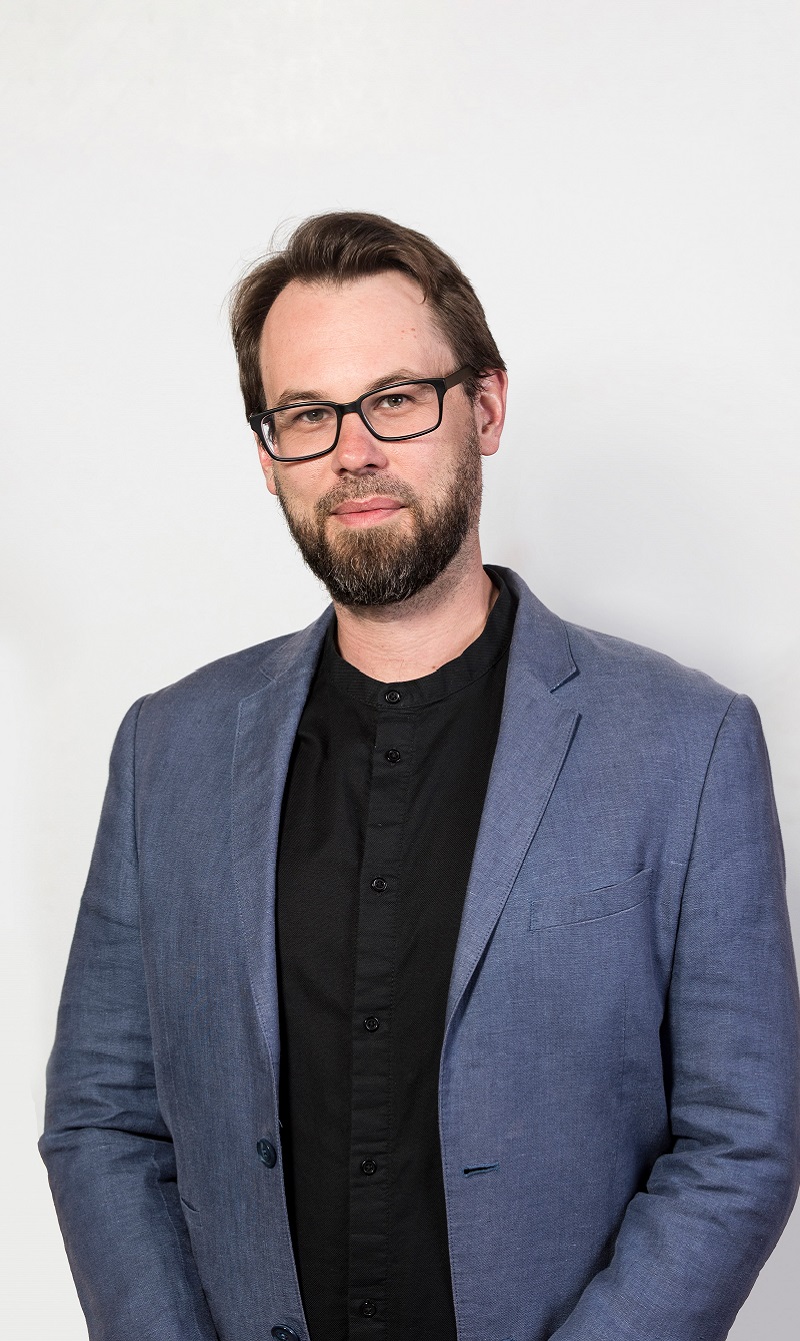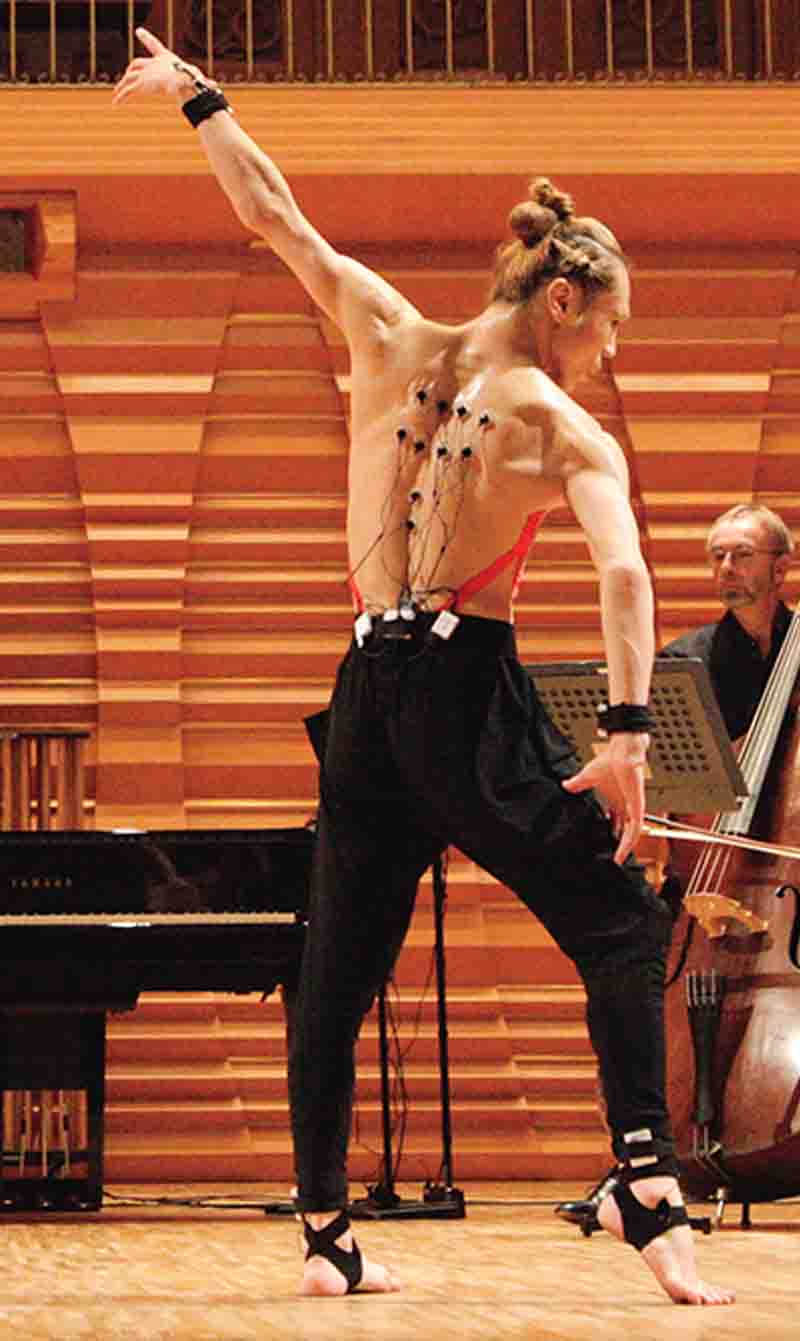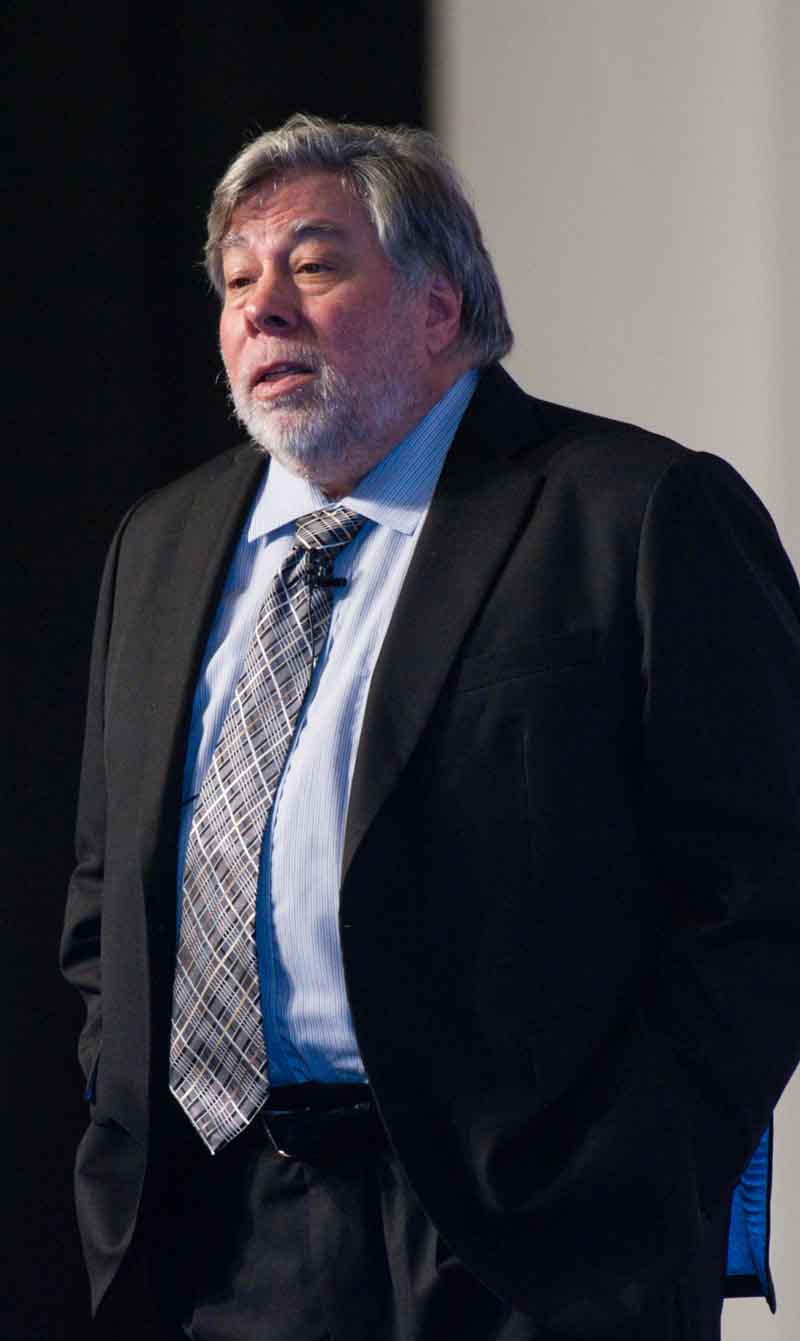Islamic fintech to empower
Astonished by the lack of transparency and accountability in global supply chains, Thaslima Begum started TEEK TAKA, an Islamic fintech platform utilising blockchain technology. Here, she tells us how TEEK TAKA aims to lift millions out of poverty by empowering women, promoting decent work and driving economic growth.
In developing countries, issues such as gender disparity in the paid workforce and poor labour practices remain a concern. The urgency to improve this situation was specifically called for after the collapse of the Rana Plaza factory in 2013, which killed 1,134 garment workers in Bangladesh. Thaslima Begum, founder of the Islamic fintech and social enterprise TEEK TAKA, saw this as a wake-up call to improve labour practices in the global supply chain. ‘The fact that 80 per cent of garment workers in Bangladesh are women, many of whom lack financial literacy and access to formal financial services, further aggravates the situation,’ she says.
Passionate about social entrepreneurship, Thaslima wants to address some of the everyday challenges faced by garment workers in Bangladesh. In 2017, the human rights journalist decided to utilise her skills and help some of the most vulnerable in society. She started building TEEK TAKA, an Islamic fintech solution and social enterprise that uses blockchain technology to empower women and improve their working conditions.
The AKEPT-WIEF Social Enterprise Forum is part of WIEF Foundation’s initiative to help support such social enterprise developments. The Forum will be held this 22 – 23 October 2018 at the International Institute of Islamic Civilisation & Malay World (ISTAC) in Kuala Lumpur, Malaysia, bringing together experts to look into how universities, governments and other sectors can foster social entrepreneurship.
TEEK TAKA works by using blockchain technology to provide workers with digital identities, making it easy to verify timely wage payments, contract hours and safe working conditions. ‘Our ultimate goal is to improve labour practices in the global supply chain and encourage responsible business,’ she adds.
According to the 2017 Financial Inclusion Insights (FII) report, 40 per cent of the adult population in Bangladesh accessed mobile money services in 2016, compared to 19 per cent who used banks. However, in 2018, The World Bank reportedly said, that ‘the gap between men and women [in bank account ownership] in developing economies remains unchanged since 2011, at 9 per cent points’.
Thaslima focuses on innovating financial solutions using blockchain technology to achieve a more inclusive ecosystem. She specifically promotes self-help among women and seeks to fight poverty by providing financial services to those who don’t meet the requirements of traditional banks. She also offers financial incentives to ethical and sustainable businesses and helps suppliers in developing markets access working capital, in return for participating in a more transparent financial system.
Here, she tells us more about what TEEK TAKA provides.
How does TEEK TAKA work to accelerate financial inclusion for women?
Most women in Bangladesh lack access to any form of financial services. For garment workers, receiving wages digitally will be their first step towards financial inclusion. TEEK TAKA provides workers with personal accounts, empowering them to make better informed financial decisions. This will improve their financial capability and the economic outlook of their families, since women are more likely to invest in their families health, nutrition and education.
How does TEEK TAKA plan to reach the remotest parts of Bangladesh?
We’re leveraging on an experienced country-wide network of agents, affordable smartphones and enhanced mobile network connectivity. TEEK TAKA will work in partnership with mobile money operators to create an interoperable system that serves mass markets in a commercially sustainable way. Mobile money [which are payment services operated under financial regulation via mobile devices] is the gateway to financial inclusion in Bangladesh.
What does TEEK TAKA provide?
TEEK TAKA brings innovative and sustainable solutions to worker rights challenges. We’re building a platform that offers financial incentives to businesses which adopt ethical and sustainable behaviours. We want to help suppliers in developing markets access working capital in return for participating in a more open, transparent and responsible system. We are still at very early stages. Our platform is being developed and our pilot is due to commence before the end of 2018. We are looking at an initial launch date in February 2019.
Are there any challenges for women entrepreneurs in this industry?
Despite the fintech industry being more diverse than traditional finance, in terms of gender, it still largely mirrors its parent sectors of finance and technology. Female entrepreneurs are an undeniable force in the global economy, yet the venture capital world is still highly influenced by men. This can make it more challenging to raise capital or secure startup funding.
It’s important that governments, communities and investors work towards creating an environment that doesn’t hinder female entrepreneurship. TEEK TAKA has so far been an incredible learning curve. As part of my own role within this competitive industry, I strive to ensure that hard work and talent is always recognised and respected, regardless of gender.
How is TEEK TAKA funded?
To date, the project has been mostly self-funded. Earlier this year, TEEK TAKA was one of three winners of the Islamic Development Bank’s Fintech Challenge. We’ve been able to utilise the prize money towards further research and product development. We’re currently in the process of applying for various funding opportunities, including the IsDB’s Transform Fund.
What are you currently working on?
I’m currently in the process of building partnerships with relevant stakeholders because a more inclusive economy isn’t going to come from a single team, it will take the involvement of many. Collaboration is at the heart of everything we do. We believe great things happen when people work together and we want to hear from those who are passionate about our cause. I’m also overlooking the technological development of the platform and the overall management of project deliverables.
Your advice for women entrepreneurs?
I have met many passionate, intelligent and driven women who are waiting for others to validate their ideas. I have seen others take the first step and retreat to their comfort zone when risks start to emerge. The comfort zone may be a safe place, but nothing grows from there. Growth and comfort do not coexist. It’s up to us to challenge our own boundaries and see what else there is in this vast world and the endless opportunities that come with it.
___________________
Join the AKEPT-WIEF Social Enterprise Forum, on 22 – 23 October 2018 in Kuala Lumpur, and explore how social enterprises can be developed for the benefit of the economy.





